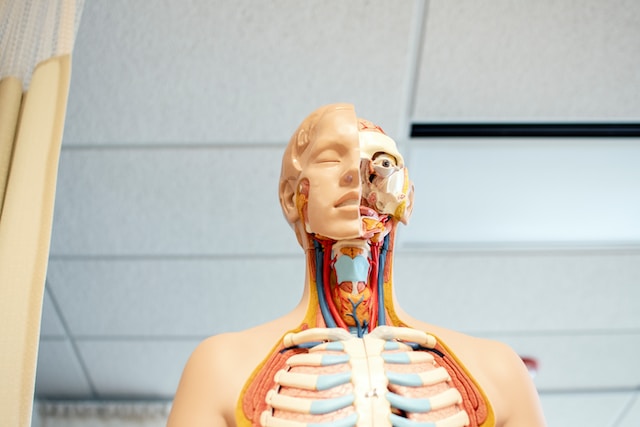
In the rapidly evolving healthcare industry, the rhythm of change is relentless. For medical professionals striving to keep pace, the risk of professional burnout has become a stark reality. This intangible threat, often overlooked, can have tangible impacts on both healthcare providers and patients. But how do we prevent it? Let’s dissect the concept of professional burnout, explore why it’s particularly prevalent in the medical field, understand its stages, and finally, outline practical strategies for prevention.
What Is Professional Burnout
Burnout is a state of physical and emotional exhaustion resulting from prolonged exposure to high-stress levels, often coupled with feelings of diminished personal accomplishment and a loss of identity. Symptoms include a lack of energy, reduced interest in work, irritability, cynicism, and decreased productivity. It’s not just a ‘bad day at the office’ but a serious issue that affects an individual’s overall well-being.
Why Do Medical Professionals Experience High Burnout
Medical professionals operate in an environment often characterized by high stakes, long hours, and emotional intensity. They face the daily challenge of juggling demanding workloads, maintaining the emotional equilibrium needed for patient interaction, and staying on top of ever-evolving medical knowledge. This relentless pressure to perform at peak levels, combined with administrative burdens and the inherent emotional strain of caring for the critically ill, often stokes the fires of burnout.
What Are the Stages of Burnout
Burnout doesn’t happen overnight; it progresses through distinct stages:
The Honeymoon Phase: It is characterized by high job satisfaction, commitment, energy, and creativity. Yet, you may also begin experiencing occasional stress.
The onset of Stress: You might start noticing physical symptoms like fatigue, insomnia, or forgetfulness. Feelings of anxiety, irritability, and neglect of personal needs often surface.
Chronic Stress: Persistent tiredness, physical illness, anger, and procrastination begin to manifest. You may start skipping work or isolating yourself socially.
Burnout: Symptoms become critical and life-consuming. You might encounter chronic headaches, a complete disregard for personal and professional responsibilities, and feelings of self-doubt and failure.
Habitual Burnout: Symptoms of burnout are so embedded in your life that you might experience chronic physical ailments and pervasive pessimism about your life and work.
Understanding these stages is critical to acknowledging burnout and implementing strategies to combat it.
How to Prevent Burnout Specifically for Medical Professionals
Prioritize Self-Care: This isn’t just about spa days and bubble baths. Real self-care involves getting enough sleep, maintaining a healthy diet, exercising regularly, and carving out time for hobbies and personal relationships.
Practice Mindfulness: Engage in activities that help focus on the present and disconnect from the stresses of work. Mindfulness can be achieved through yoga, meditation or simply spending time in nature.
Set Boundaries: Understand that it’s okay to say ‘no.’ Setting realistic boundaries between your personal and professional life can help reduce feeling overwhelmed.
Seek Support: A robust support network can help manage the stress of the medical field. This can be through a mentor, a supportive group of peers, or professional therapy.
Advocate for Better Workplace Conditions: Improvements in the work environment, such as fairer workloads, more autonomy, or improved managerial support, can significantly reduce stress levels.
Closing Thoughts on Burnout Prevention
Burnout is an all-too-common symptom of the intense demands and high stakes of the medical profession. But like any condition, it can be treated, prevented, and managed. By recognizing its stages, we can intervene early and employ effective strategies to promote health and balance. It’s about giving yourself the same care and attention you provide for others daily as a medical professional.
Ultimately, the journey to defeating burnout is a commitment to self-care, establishing healthy work-life boundaries, fostering a supportive work environment, and, most importantly, acknowledging that it’s okay not to be perfect. After all, our imperfections make us human, allowing us to empathize, grow and become better healthcare providers. And perhaps in overcoming burnout, we reclaim not only our vitality but also the heart of medicine itself – the ability to heal.





